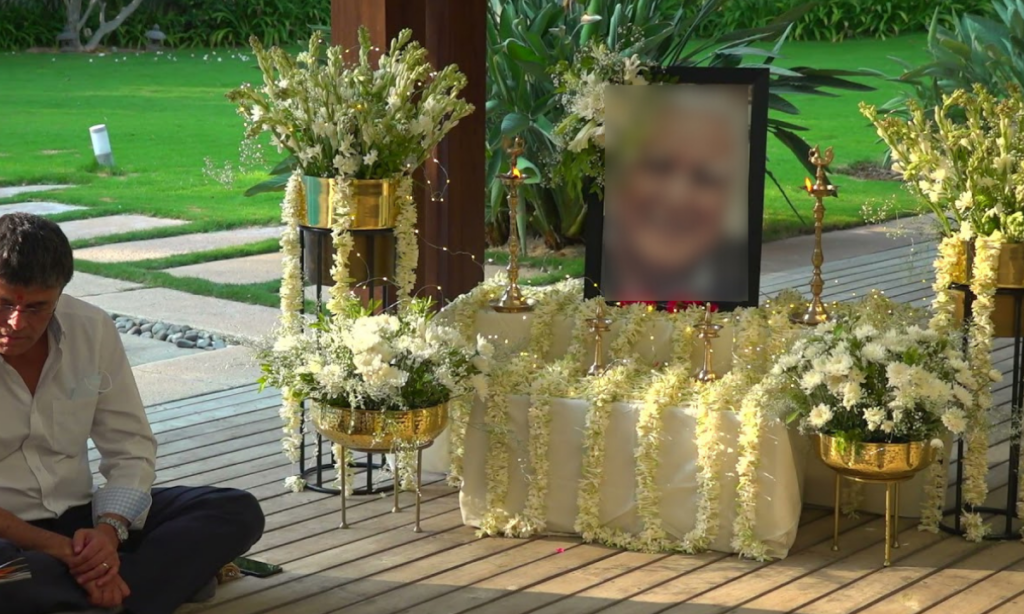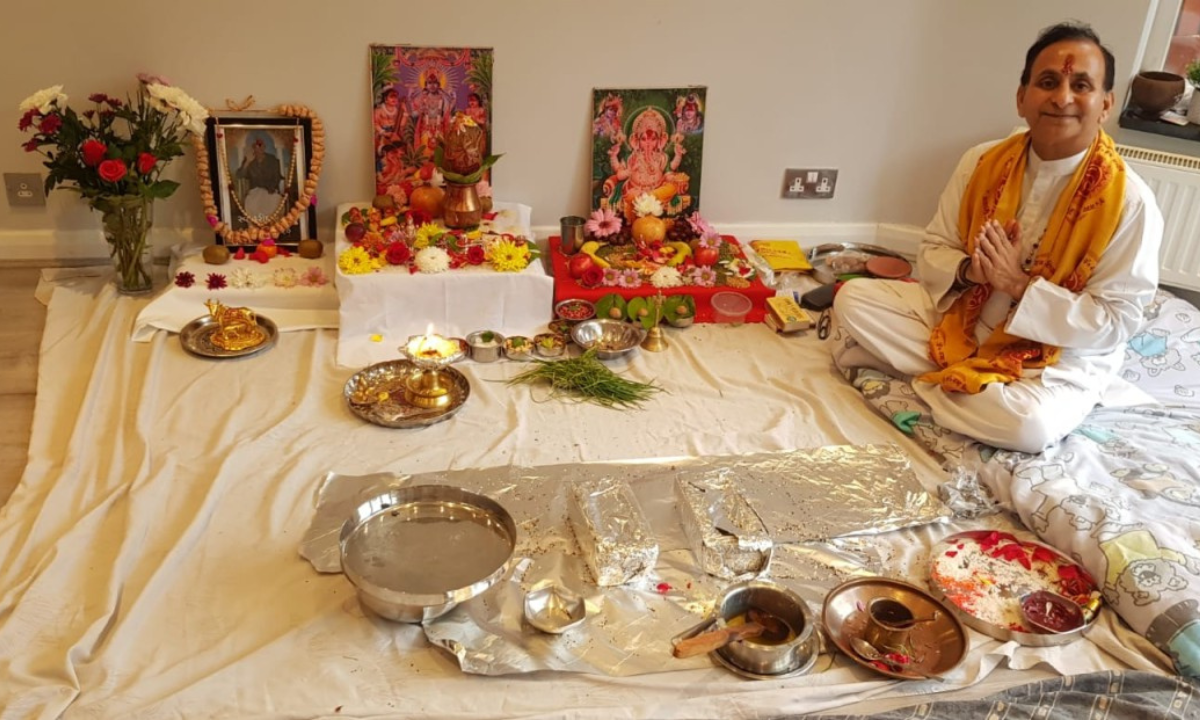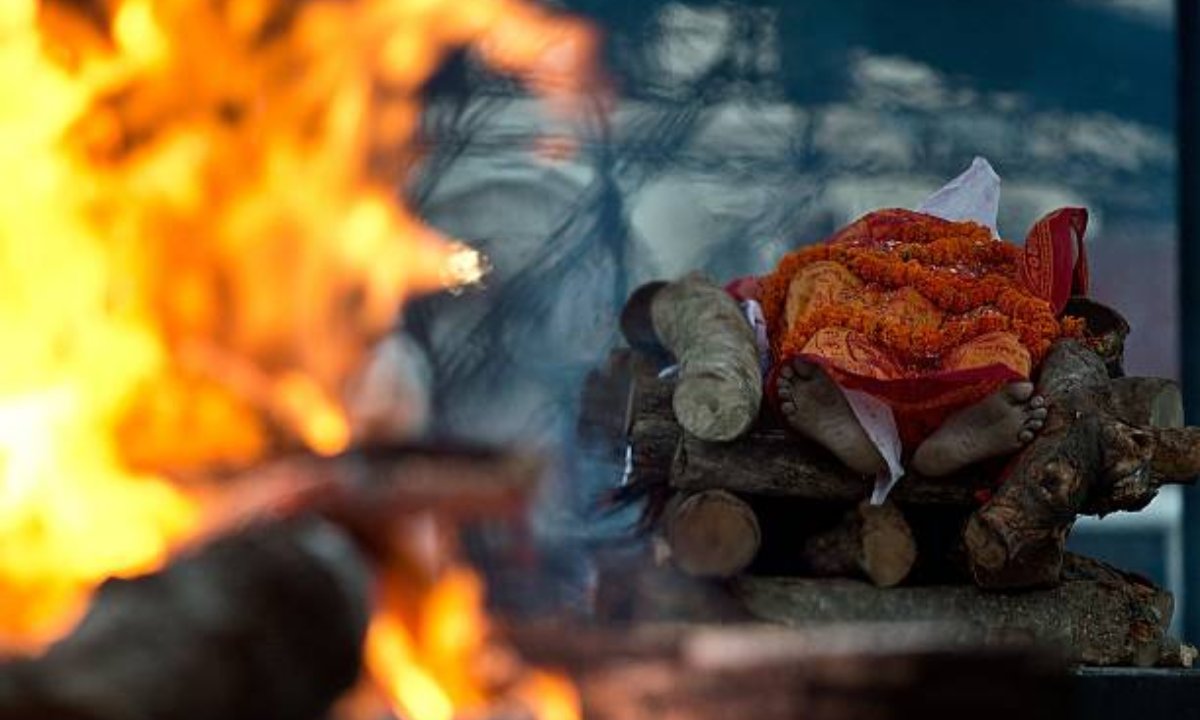A funeral wake is a gathering after a loved one’s death when family and friends can reflect and recall the deceased’s life. This article investigates the significance of a funeral wake, focusing on the distinctive customs and practices of various cultures and religions.
At a funeral wake, attendees share stories, memories, and anecdotes about the deceased, promoting healing, introspection, and mutual support. It is time to express our sympathies and seek peace in the company of others who have experienced the same loss.
Understanding the significance of a funeral wake can aid in the grieving process and provide comfort during a tough time. Learning about the customs and rituals associated with funeral wakes helps one realize the importance of commemorating a loved one’s life. This blog provides helpful insights and advice to anyone looking for the best funeral services in Bangalore.
History and Cultural Significance of Funeral Wakes

Funeral wakes have a long history and play an important part in many different cultures and religions around the world. While the customs involved with funeral wakes differ significantly, the basic goal remains the same: to commemorate the deceased and support the bereaved family.
Ancient origins
The history of having wakes goes back thousands of years. Wakes were traditionally held to ward off evil spirits and ensure that the departed did not return. People would spend the entire night inspecting the body before it was laid to rest. This rite evolved into a gathering where mourners could pay their respects, express condolences, and help the mourning family.
Cultural variations
The customs and traditions surrounding funeral wakes vary greatly between countries. Some wakes are sad and somber, while others are cheerful and joyful. For example, Irish wakes, often known as “wakes of the dead,” include storytelling, music, and food. Wakes are elaborate rituals that last many days in various Asian cultures, including ancestor worship and prayers.
Religious Significance.
Funeral wakes are particularly important in religious traditions. In Christianity, wakes may include prayers, scripture readings, and music to honor the deceased. In Judaism, a “shiva,” or wake, is held in the deceased person’s home for seven days after the burial, during which family and friends assemble to mourn and share their memories.
Differences between Funeral Wakes and Other Funeral Traditions
Understanding the distinctions between funeral wakes and other funeral traditions allows you to understand their unique purposes. Each ritual, from funerals to wakes, offers a unique opportunity to honor the deceased while also supporting the mourning process.
Funeral service versus funeral wake.
Funeral services are ceremonial gatherings that typically contain religious or spiritual aspects such as prayers, music, and eulogies. A funeral wake, on the other hand, is a casual gathering in which people exchange stories and memories about the departed. Funeral wakes allow for collective recollection and emotional support, whereas funeral rites focus on paying respects.
Wake vs. Memorial Service.
A wake is often held before the deceased’s burial or cremation, whereas a memorial ceremony takes place after the body has been laid to rest. Memorial services commemorate the deceased’s life with speeches, music, and other commemorative activities. Wakes, on the other hand, enable people to express their experiences and emotions in a more private and personal setting.
Wake versus Visitation
Visitation, often known as a viewing, is the time when mourners can silently observe the deceased before the funeral or memorial service. Despite the similarity in name, a visitation is more scheduled and solemn, with the primary objective of providing condolences and paying tribute. A funeral wake entails a broader range of activities, such as exchanging memories and seeking comfort in
Importance of Funeral Wakes in the Grieving Process
Finding Support and Connections
One of the most important advantages of a funeral wake is the chance to meet and help people. Being surrounded by friends and family who have experienced similar losses can be quite consoling. Sharing memories, expressing sympathy, and offering a listening ear can help people feel more supported and less alone during their loss.The importance of funeral wakes in the grieving process.
Acknowledging Grief and Emotion
Attending a funeral wake allows people to express and process their emotions. Sharing experiences and memories allows people to express their feelings openly and feel acknowledged in their loss. Coming together with others who are grieving the same loss may be extremely reassuring, reminding mourners that their emotions are real and shared.
Honoring and remembering the deceased.
Funeral wakes provide an opportunity to respect and remember the life of the deceased. By sharing their tales and recollections, mourners form a collective narrative that honors the person they have lost. This ritual not only honors the deceased, but also provides comfort and healing to bereaved relatives and friends.
Finding Support and Connections
One of the most significant benefits of a funeral wake is the opportunity to meet and assist others. Being surrounded by friends and relatives who have suffered similar losses can be quite comforting. Sharing stories, expressing sympathies, and providing a listening ear can make people feel more supported and less alone during their loss.
Planning a Funeral Wake: Considerations and Logistics.
Planning a funeral wake necessitates careful consideration of a number of factors to ensure that the event meets the needs and wishes of the grieving family. Here are some crucial considerations to consider when preparing a cremation service in Bangalore, particularly at Wilson Garden Electric Crematorium.
Venue and Timing
Choosing the right site is crucial. There are other choices, including funeral houses, community centers, religious institutions, and the home of the deceased or a close family member. Consider the size of the gathering, ethnic preferences, and venue availability. Also, ensure that the timing leaves enough time for family and friends to come and make any necessary travel arrangements.
Cultural and Religious Customs
Respect for cultural and religious practices is crucial. Different traditions have distinct procedures and rituals that should be incorporated into the wake. Consult with the family and consider hiring a funeral director or religious leader for advice on these traditions.
Activities and Programs
Plan activities and programs around the family’s wishes and the aim of the wake. This may include stories and memories, musical performances, readings, or religious rites. An organized program guarantees that the wake runs smoothly and that all guests can contribute significantly.
Conclusion: The Enduring Importance of Funeral Wakes
Funeral wakes are an important part of the grieving process because they allow loved ones to gather, recall, and celebrate the deceased’s life. They offer solace, support, and connection during a time of great loss and sadness. Understanding the importance and significance of funeral wakes allows people to handle grief with better appreciation, finding solace in the collective reminiscing and healing that happens during these meetings.
Funeral wakes provide a space for healing, reflection, and support, whether via the sharing of tales, the expression of condolences, or the drawing strength of others’ presence.They honor the deceased’s life and legacy while providing comfort and closure to those who remain. Embracing this crucial practice gives people peace and strength as they deal with the tough feelings of loss and grieving. Funeral services in India can help people organize meaningful and respectful funeral wakes.
Believ assists dispossessed families with different administrations connected with incineration, like Funeral Services, documentation, and other necessities. Contact us today





